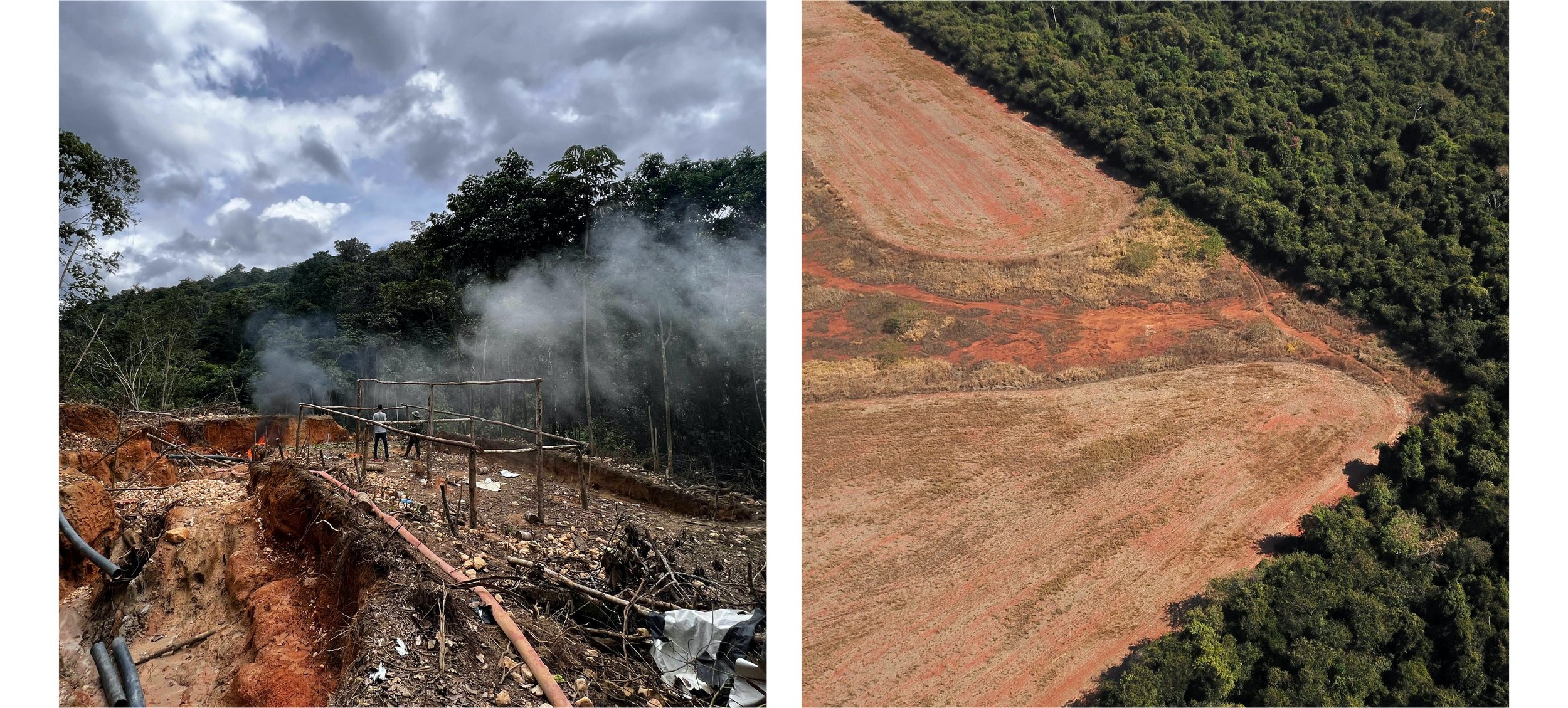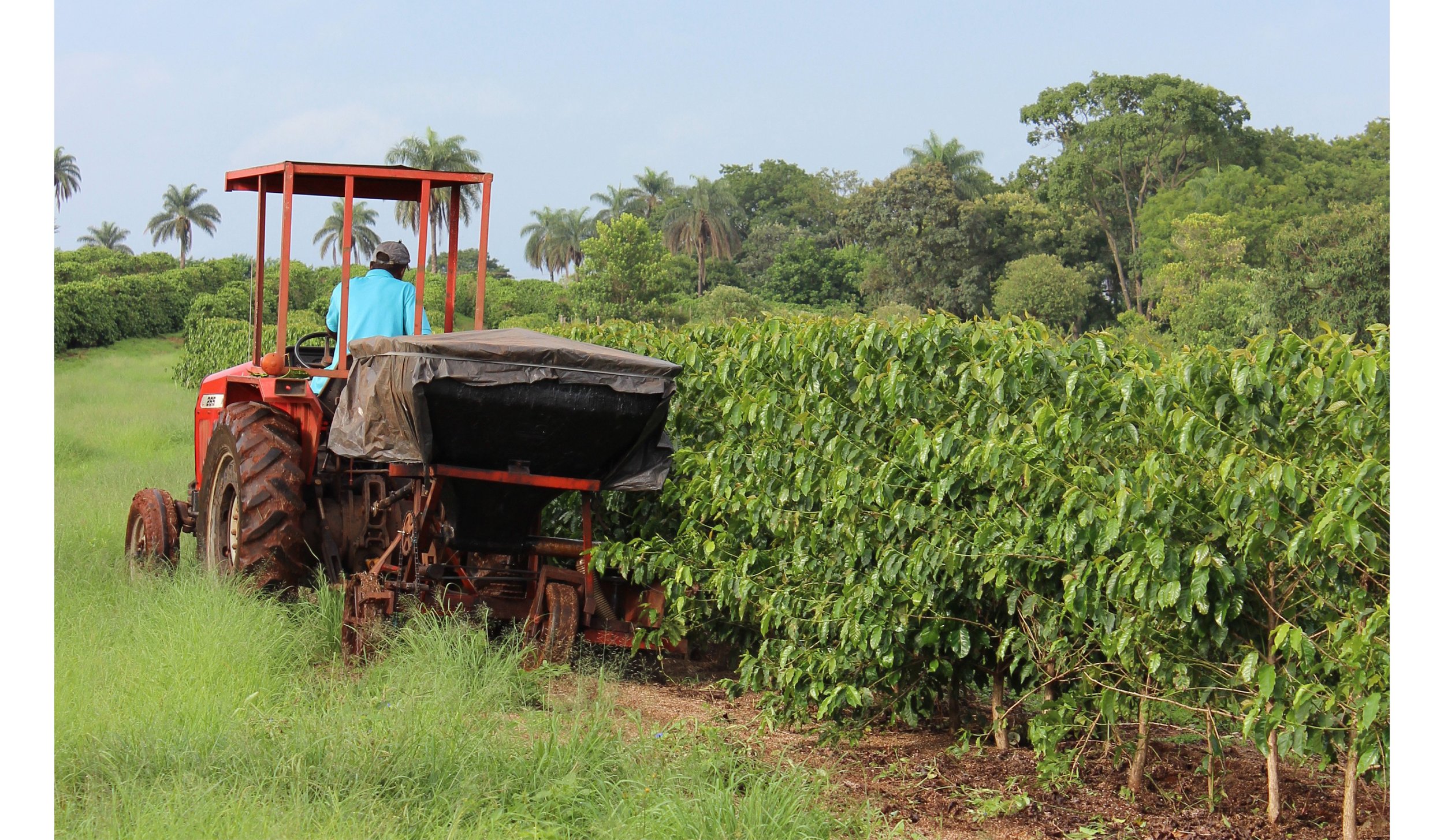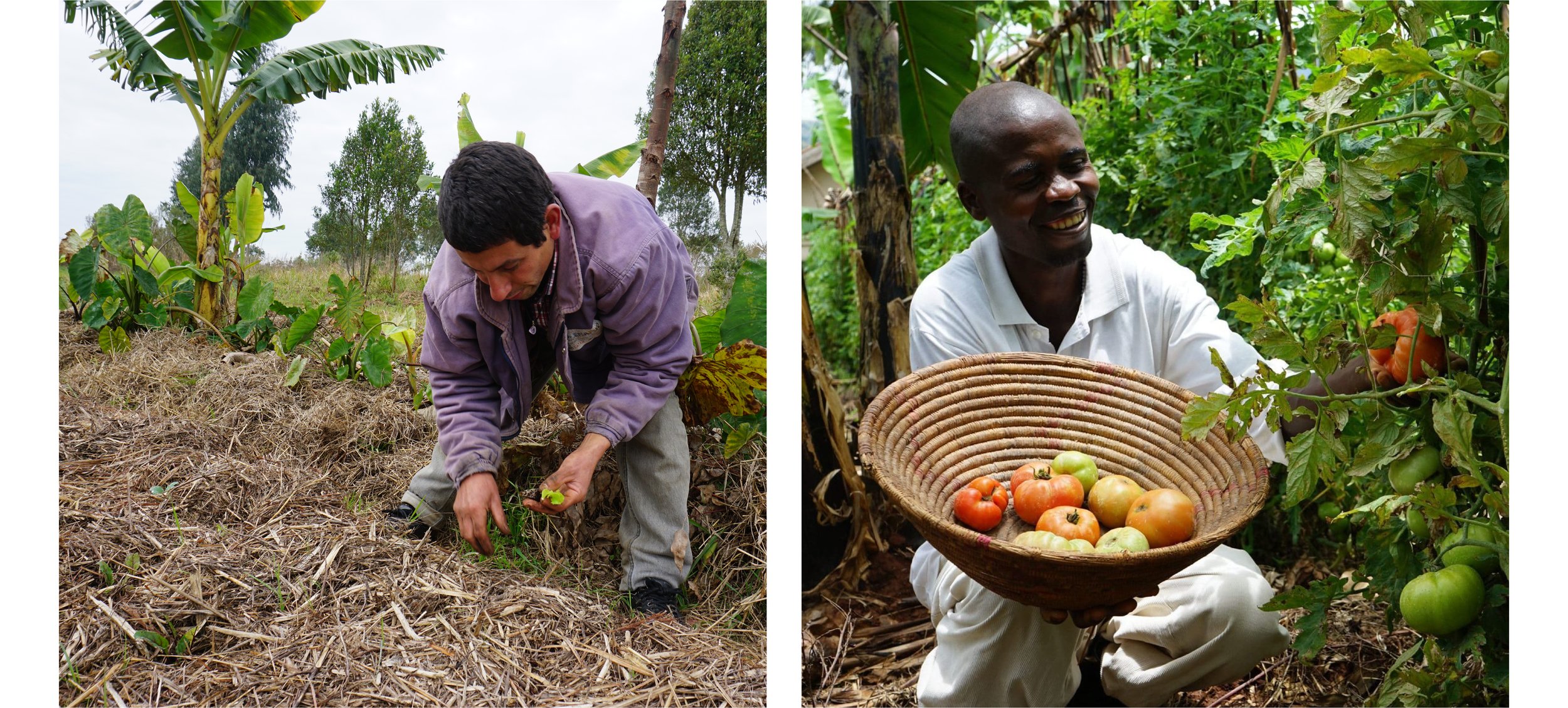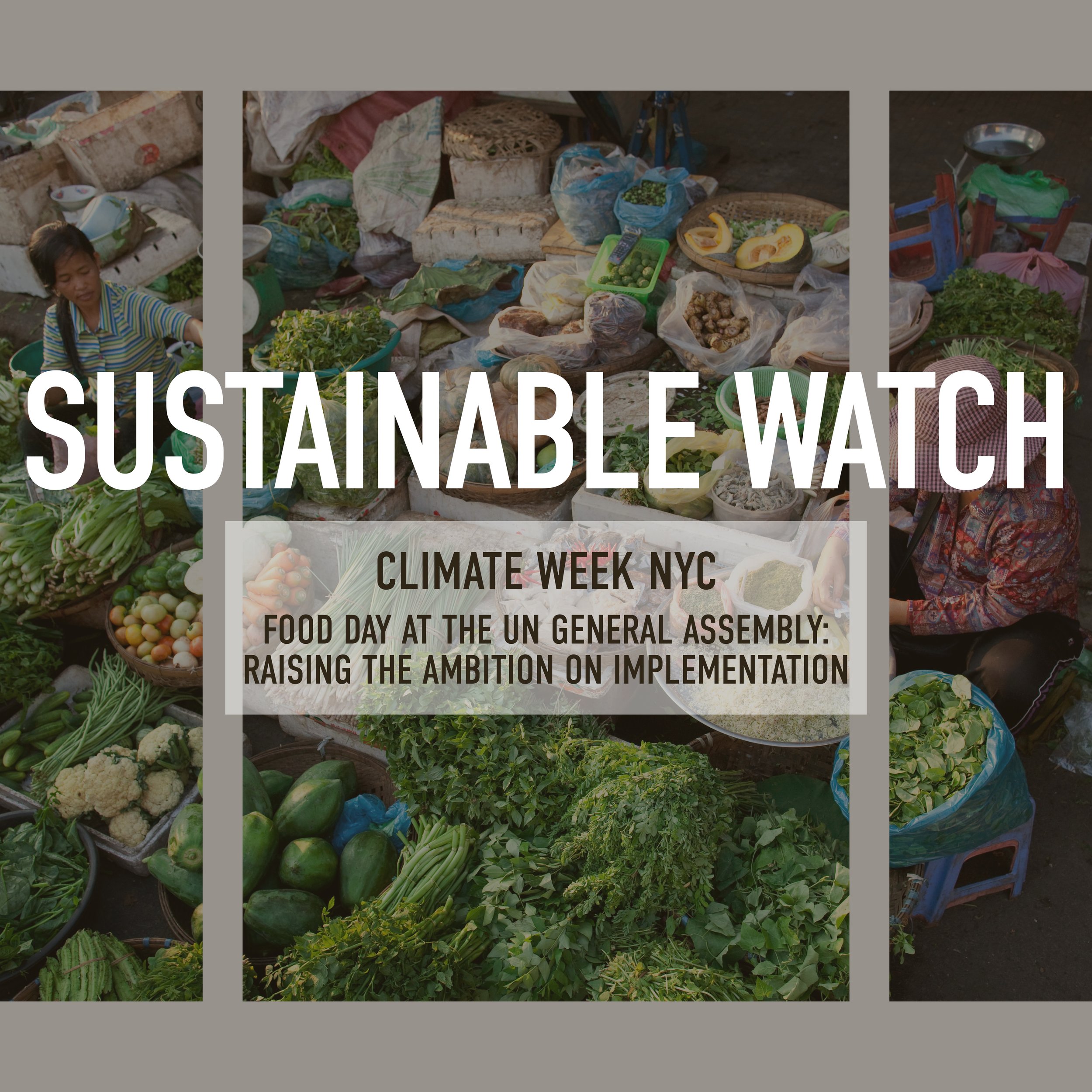Climate Week NYC: Farming for the Future: Sustainable Agriculture and an End to Deforestation
This year the program for Climate Week NYC offered over 400 activities and events. From September 18-19, Climate Group hosted The Hub Live, bringing together influential leaders from the business, government, and climate sectors, to collaborate and address the climate crisis from many different angles. The two-day program featured various sessions covering: The New Industrial Revolution, The Energy and Transport Transition, Nature, Food Systems and Health, and Financing the Green Economy. A standout from the program was a talk on Farming for the Future, asking a pivotal question, “why is the transformation of our food systems so vital to combat deforestation?”
Food systems and forests have a significant role to play in tackling the climate, economic, and health challenges impacting our planet. This session explored the potential for “policy, technology, and inter-sectoral” collaboration to help transform our food systems and reverse the damage of climate change and deforestation. The speakers included Angela Barranco, Andre Fourie, Manuel Carmona Yebra, Mauro O'de Almeida, and Sara Omi. Together they looked at how governments are working to reform food systems, how we are currently collaborating with indigenous communities, the role of digital technologies to accelerate an inclusive transformation of agriculture, and how investors can promote a shift to sustainable consumption.
To begin the session, Angela Barranco, the Executive Director for North America at Climate Group, spoke on the revelation from the latest UN land report. Reminding us that “our food systems bear a significant responsibility, accounting for a staggering 80% of deforestation, contributing to 29% of human emissions, and standing as the single largest cause of biodiversity loss on land.” With these statistics in mind, Climate Group have implemented a project that introduces agriculture and livestock practices that aim to “recover and regenerate” growth in the Peruvian Amazon, while also contributing to local economic advancement. Proving that “conservation and prosperity can co-exist.” With this project as an example of what can be achieved, Barranco looked to the panel for insight into how we can create a more sustainable and resilient future.
The panel was led by Monica Mata, Senior Manager for Latin America at Climate Group, and addressed the above questions with perspectives from different countries. Each panellist also spoke on the successful policies and programs already employed today, and how these are working to halt deforestation.
Andre Fourie, Global Vice President, Sustainability, AB InBev – “People are very reliant on good quality crops and green water to produce their products. Both of those are highly dependent on nature and are impacted by climate change. That’s why we promote an agricultural approach that tries to reduce PhD emissions, protect the watersheds, and help with biodiversity restoration. AB InBev’s farming approach is farmer centric and soil centric. Meaning we have a commitment to every farmer that we work with, and a commitment to help them be more financially empowered, connected, and skilled. For us, this translates into a sustainable development approach. Clearly, we want better environmental outcomes, but we also have to
have better yield. The only way we are going to stop the pressure on deforestation, is if we produce more on the same piece of land. As an example of our work, in South Africa we are partnering with WWF to remove alien vegetation. In this case we know that indigenous plants use 40% less water, therefore it promotes biodiversity and enhances the water system, and again we know that this will produce income over time. We think a holistic approach is the way to go.”
Mauro O'de Almeida, State Secretary of Environment and Sustainability of Pará, Brazil – “To overcome deforestation problems, we need to make a strong investment in adoption of agroforestry systems (the integration of trees and shrubs into crop and animal farming). Which are proven to be one of the most suitable technologies and have a high acceptance among small scale farmers. The profitability of agroforestry systems in the Amazon region brings small farmers up to 10 times more profitability than traditional monocultures (the practice of growing a single crop species in a field at a time). In the Amazon, illegal acquisitions of public land for commercial purposes have created many issues. In the state of Pará we have 70% of native forests preserved, however only 25% is available for agriculture. In Pará we have established a state climate change policy and initiated the Sustainable Territories program in 2020, which involves various public institutes in providing technology and public services to small scale farmers. In 2022, we started engaging with private sectors to involve new stakeholders. Currently more than 3000 farmers are participating in the policy at various levels of progress. In order to scale up these actions, we have invested in data integration and data intelligence, and have focused on efficient interventions in land use management.
As the panel discussion continued, we heard about the impact of international corporations under different jurisdictions. Manuel Carmona Yebra, Counsellor for Environment and Oceans within the European Union, explained the role that the EU has played in preventing deforestation and promoting sustainable consumption. Yebra noted that the EU deforestation regulation aims to tackle the challenges we face with deforestation all around the world. It focuses on seven commodities consumed by the EU on a large-scale, including cattle, cocoa, coffee, palm oil, rubber, soy, and wood. All producers who sell these products inside the EU market and those who export them outside the market, must comply with regulations that ensure the products were “not produced on land that was degraded or deforested after December 31, 2020.” Yebra further detailed the elements of the regulation and the EU’s efforts to support developing counties in complying with this system, such as establishing forest partnerships with countries like Zambia, Mongolia and Uganda.
To finish the session, each speaker touched on what they envision for the future, and how we can provide an alternative to the destructive practice of deforestation we see in environments around the world.
To view the full program, visit the Climate Week NYC website: https://www.climateweeknyc.org
Article + Tearsheets by Mia Fyson, Contributor & Graphic Design Intern, PhotoBook Magazine









